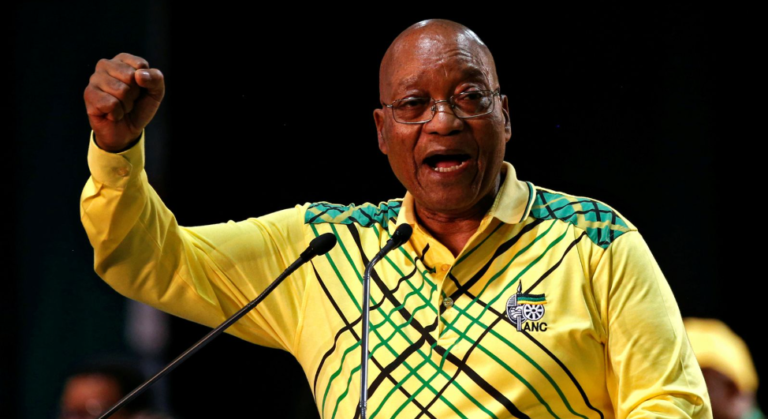Cape Town, South Africa – South Africa’s former president Jacob Zuma’s political party, the Umkhonto we Sizwe Military Veterans Association (MKMVA), has filed a treason complaint against AfriForum, a prominent advocacy group representing the country’s white Afrikaner minority. The complaint, lodged at Cape Town’s central police station, accuses AfriForum of disseminating misinformation to influence U.S. President Donald Trump’s stance on South Africa’s land reform policies.
The controversy centers on South Africa’s Expropriation Act, legislation designed to address historical land dispossession by enabling the redistribution of white-owned land without compensation. AfriForum has actively lobbied against this law in the United States, portraying it as an infringement on property rights and alleging that it targets the Afrikaner community. Their efforts have included engagements with U.S. media outlets and political figures to garner opposition to the Act.
In response to these lobbying activities, President Trump issued an executive order halting financial assistance to South Africa, citing concerns over the Expropriation Act and alleging human rights violations against white farmers. This move has been met with criticism from various quarters, including the African National Congress (ANC), which has accused AfriForum of perpetuating a “racist agenda” and misrepresenting the objectives of the land reform law.
AfriForum has dismissed the treason allegations as baseless, asserting that their actions fall within the bounds of lawful advocacy. The group maintains that it is exercising its democratic right to question legislation it deems detrimental to South Africa’s welfare. The decision to prosecute AfriForum for treason now rests with the National Prosecuting Authority.
The Expropriation Act has been a focal point of intense debate in South Africa, with proponents arguing that it is essential for rectifying historical injustices stemming from colonialism and apartheid. Opponents, however, contend that the law undermines property rights and could have adverse economic consequences. AfriForum’s international lobbying against the Act has further polarized opinions, leading to heightened tensions both domestically and abroad.

